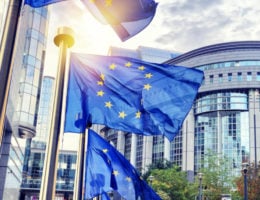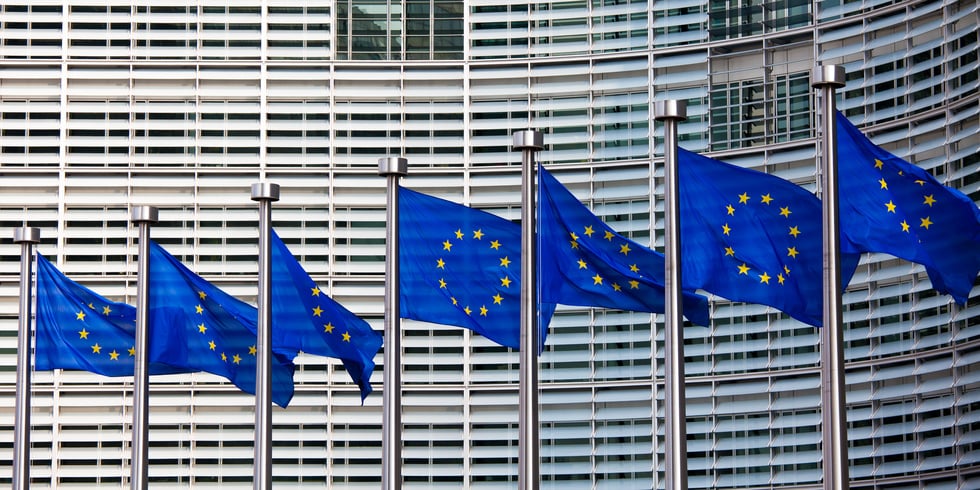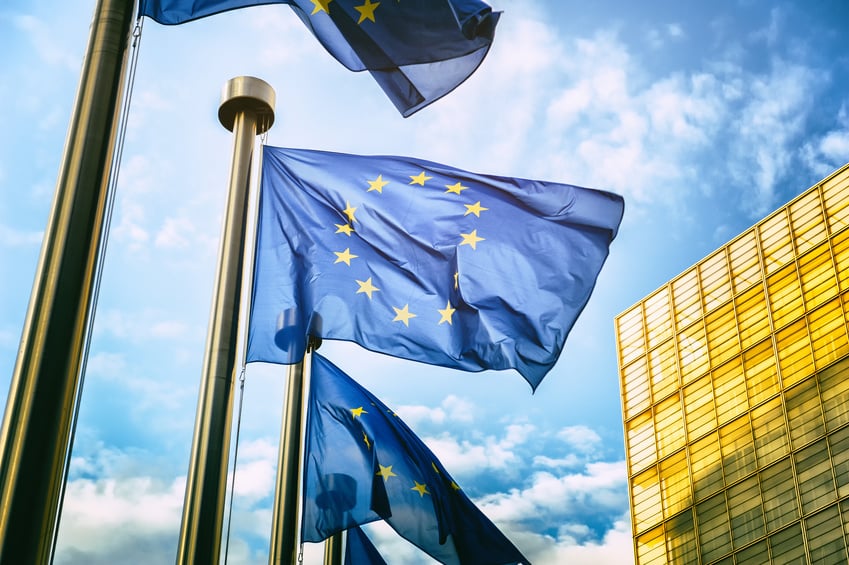The new EU foreign subsidies regime will impact all multinational companies regardless of their country of origin. As of 12 October 2023, companies engaging in large transactions and bidding for large public procurement contracts in the EU are obliged to seek prior clearance from the European Commission. Implementing rules provide some welcome reporting relief, but the notification process requires that companies put in place mechanisms to track in real time a wide range of foreign financial contributions granted directly or indirectly from non-EU state funding
On 4 May 2023, Royal Excelsior Virton, a professional football club in Belgium’s second division, announced that it lodged a complaint against competing club SK Lommel with the European Commission under the new Regulation 2022/2560 on foreign subsidies distorting the internal market (“FSR”). This appears to be the first time the Commission is publicly asked to initiate an ex officio investigation under the FSR.
On 28 November 2022, the EU institutions formally adopted a Regulation on foreign subsidies distorting the internal market. The new rules will have a major impact on M&A transactions and will significantly increase the administrative burden facing many EU and non-EU companies doing business in Europe. The Regulation is part of a broader effort to protect the EU’s geopolitical “open strategic autonomy”. It aims to level the playing field by allowing the European Commission to intervene where foreign subsidies granted directly or indirectly by third countries threaten to distort the EU internal market.
Baker McKenzie’s Sanctions Blog published the alert titled European Union: Amended temporary state aid crisis framework (Ukraine) regarding renewable energy and decarbonization on 2 August 2022. Read the article via the link here. Please also visit our Sanctions Blog for the most recent updates.
Baker McKenzie’s Sanctions Blog published the alert titled European Union: Temporary State Aid Crisis Framework (Ukraine): Member States can support businesses — up to EUR 50 million for energy-intensive businesses on 30 March 2022. Read the article via the link here. Please also visit our Sanctions Blog for the most recent updates.
On 13 July 2021, the EU Council of Ministers approved the national recovery and resilience plans (RRPs) of 12 Member States. This means that Austria, Belgium, Denmark, France, Germany, Greece, Italy, Latvia, Luxembourg, Portugal, Slovakia and Spain are now able to tap into the EU recovery and resilience funding. This will allow them to start spending the money on projects and reforms for national economic recovery and resilience, as well as the green transition and digital transformation.
On 13 July 2021, the EU Council of Ministers approved the national recovery and resilience plans (RRPs) of 12 Member States. These Member States are now able to tap into the EU recovery and resilience funding. This will allow them to start spending the money on projects and reforms for national economic recovery and resilience, as well as the green transition and digital transformation.
On 28 January 2021, the Commission amended the Temporary Framework for COVID-19 (“Framework”) again. This 5th Amendment prolongs its application until 31 December 2021. Other changes include increasing aid amounts that the Commission will approve under the Framework and allowing for limited amounts of repayable Framework aid to be converted…
On 28 January 2021, the Commission amended the Temporary Framework for COVID-19 (“Framework”) again. This 5th Amendment prolongs its application until 31 December 2021. Other changes include increasing aid amounts that the Commission will approve under the Framework and allowing for limited amounts of repayable Framework aid to be converted to grants.
On 13 October 2020, the Commission decided to extend the coverage of the Temporary Framework and prolong it for six months until 30 June 2021, except for the section on recapitalisation support, which was extended for three months until 30 September 2021 (4th Amendment). In March 2020, the European Commission…







